
Health & Medicine
Uncovering the triggers of severe COVID-19 in kids
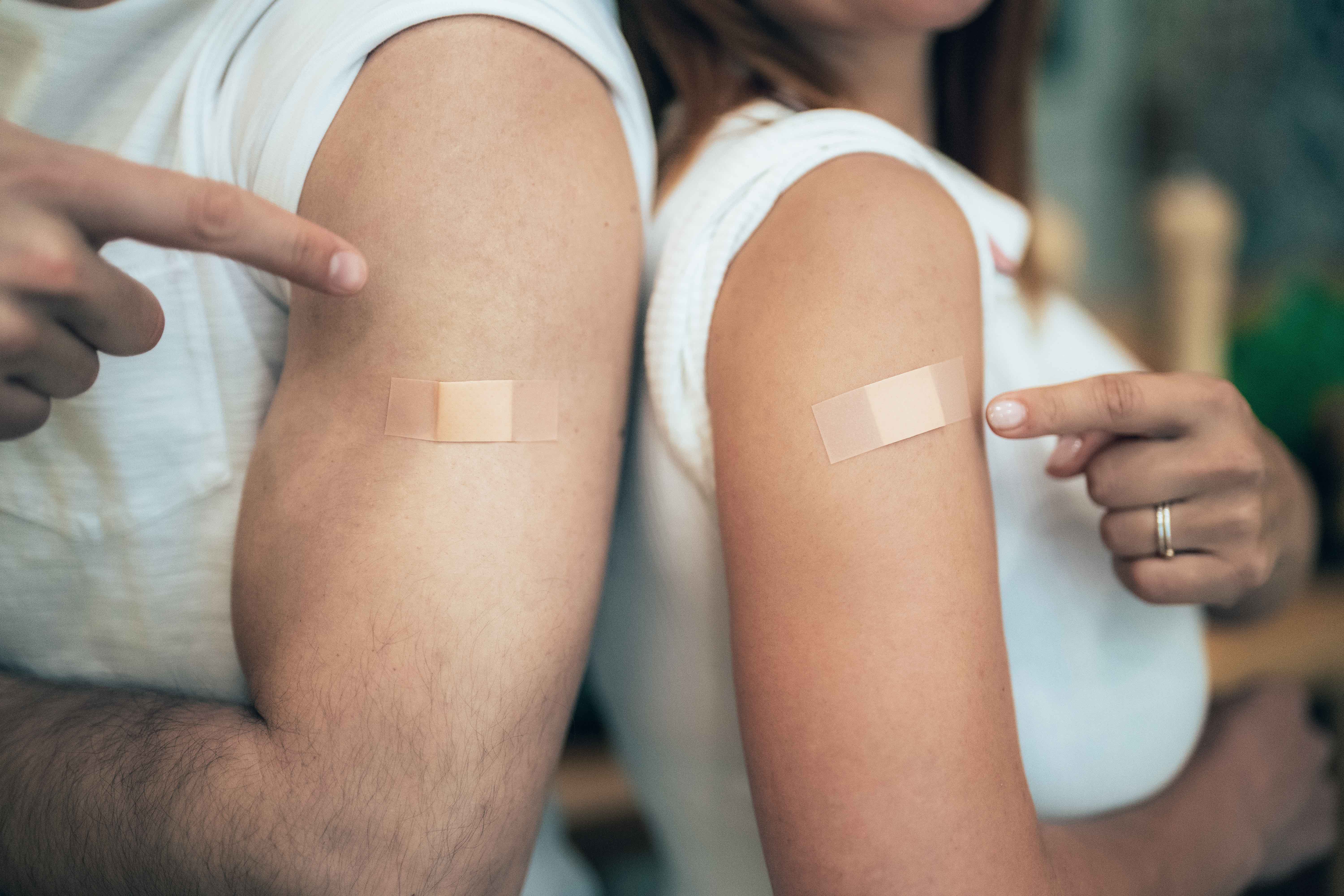
New research finds there is a sex difference when it comes to the effectiveness and side effects of COVID-19 vaccines
Published 5 September 2022
Almost 95 per cent of Australians aged 16 and over are now fully vaccinated against COVID-19. Globally, around 65 per cent of adults have had at least one dose of the vaccines available including Moderna, AstraZeneca, Janssen (Johnson & Johnson), Pfizer-BioNTech and Sputnik V.
For most of us, any reaction to the vaccine was mild. But is there a difference between men and women when it comes to the safety and effectiveness of COVID-19 vaccines?
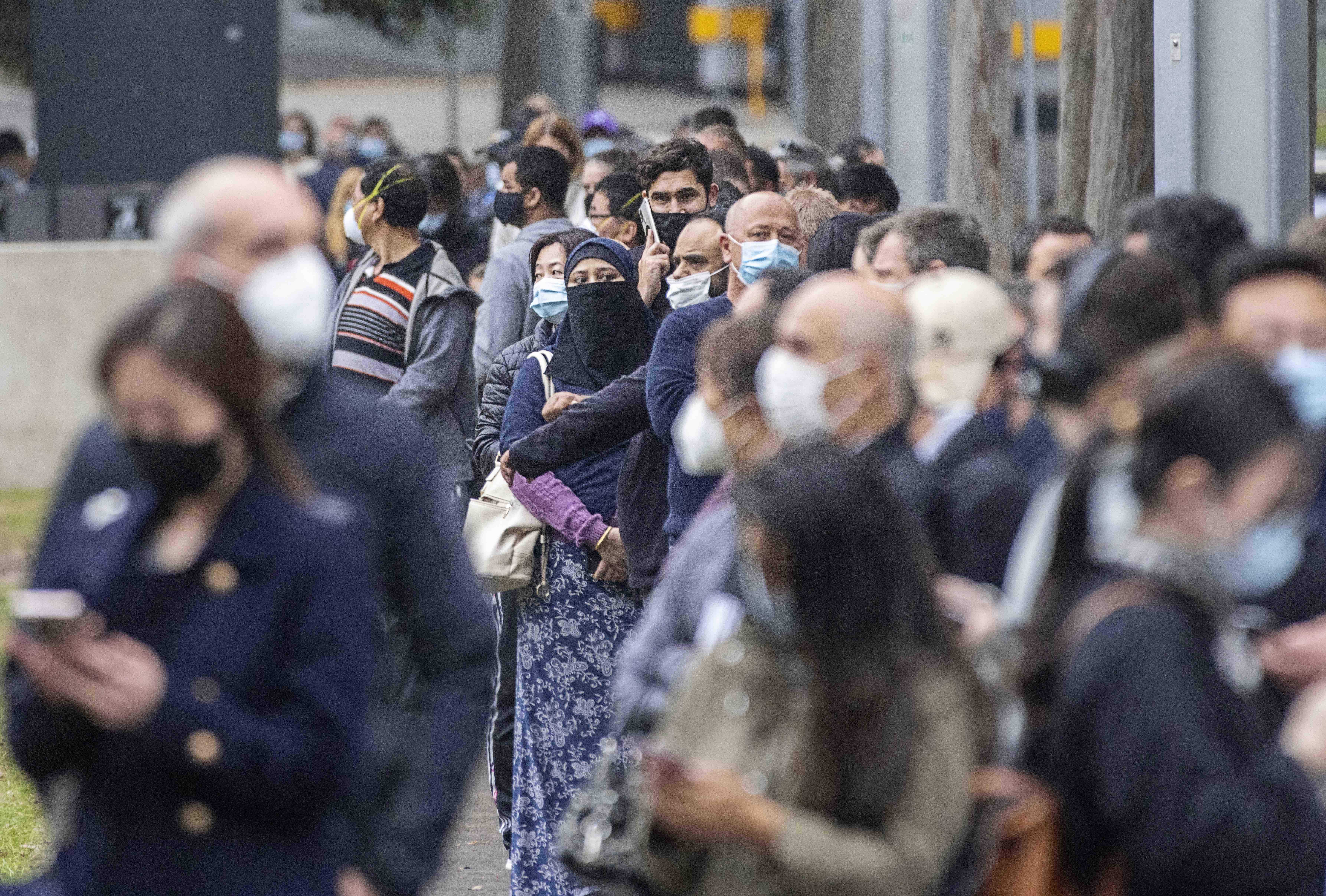
Well, the short answer is yes. But there’s more to it than that.
This research, which included Australian lead author Professor Cassandra Szoeke, compares different published international studies to determine if people have responded differently to the various COVID-19 vaccines – depending on their sex.

Health & Medicine
Uncovering the triggers of severe COVID-19 in kids
Professor Szoeke and her co-authors’ research found under-reporting of differences between male and female response to the COVID-19 vaccines in clinical trial reports.
This international paper reviewed two groups of studies. The first were clinical trial reports published by regulatory bodies including the US Food and Drug Administration (FDA), the European Medicines Agency (EMA) and Health Canada.
The second group included five peer-reviewed studies conducted in the general population after the rollout of vaccines.
“This international consortia looked at all the clinical trials and reviews about COVID and reported which ones obtained information for men and women and which ones reported that information.

“What we found was that 100 per cent of studies collected the information, but only 30 per cent reported on differences and side-effect profiles on men and women. Those that analysed the information, found there were differences.”
Vaccine efficacy was consistently found to be higher in males than females for the first shot of the vaccine, according to peer-reviewed studies.
But it also looked at the key sex differences in historical vaccines like the 2009 H1N1 vaccine and influenza vaccines to give context for the results.

Health & Medicine
Choose (vaccinated) life
“International peer-reviewed studies that investigated the sex differences in effectiveness and safety within the general population also found that it was more common for females to experience negative side effects compared to males overall,” says Professor Szoeke.
Specifically, blood-clotting events were more commonly reported among females who took the AstraZeneca and Janssen vaccines.
It has been proposed that the process underlying this blood-clotting is due to an abnormal immune reaction to the vaccine which results in the immune system targeting a component of blood cells involved in helping blood clot.
But there are no studies yet that assess the prevalence of blood-clotting events in young, vaccinated females compared to the general young, female population – or that take into account risk factors like hormonal treatment and immune disorders, which should also be investigated.
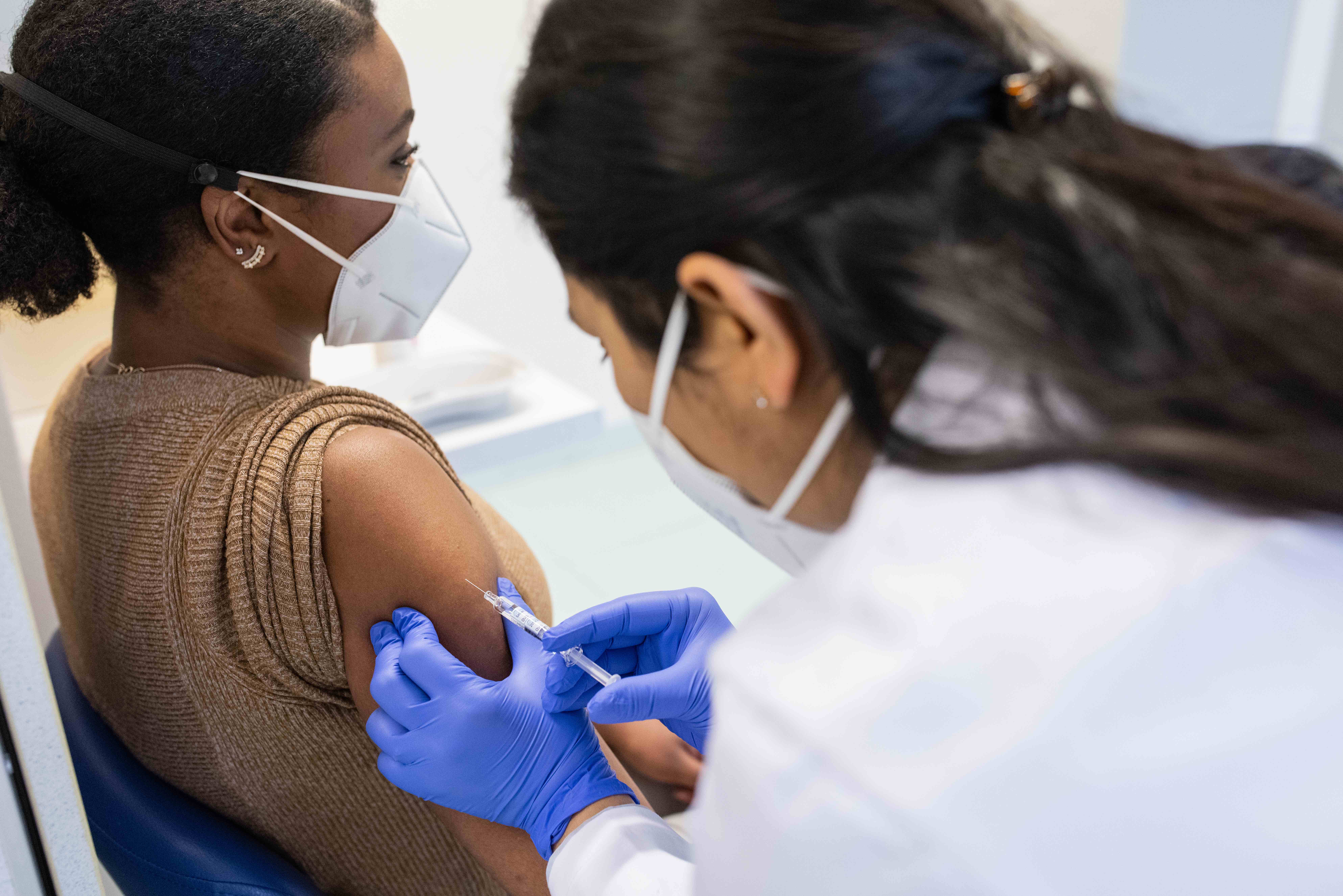
So, it’s currently difficult to ascertain the full impact of the COVID-19 vaccine in these events.
VACCINES AND PREGNANCY
Pregnant and lactating females were not included in original vaccine trials in 2020 because of the safety standards required for these groups. This means that the recommendation to pregnant women at the time was for the administration of vaccines only in cases with a high risk of infection.

Health & Medicine
Getting a COVID jab is safer than taking aspirin
Since then, studies have found that the effectiveness of mRNA vaccines in pregnant and non-pregnant women were safe and that antibodies could be passed on through breast milk.
To monitor potential vaccine safety issues, the US-based Centers for Disease Control and Prevention (CDC) created the v-safe COVID-19 Vaccine Pregnancy Registry.
A group of 3958 pregnant women who received the COVID-19 vaccine were enrolled in the Registry and reported any negative side effects through the Vaccine Adverse Event Reporting System (VAERS).
Data from VAERS found that side effects reported by these pregnant women were similar to those reported by non-pregnant women.
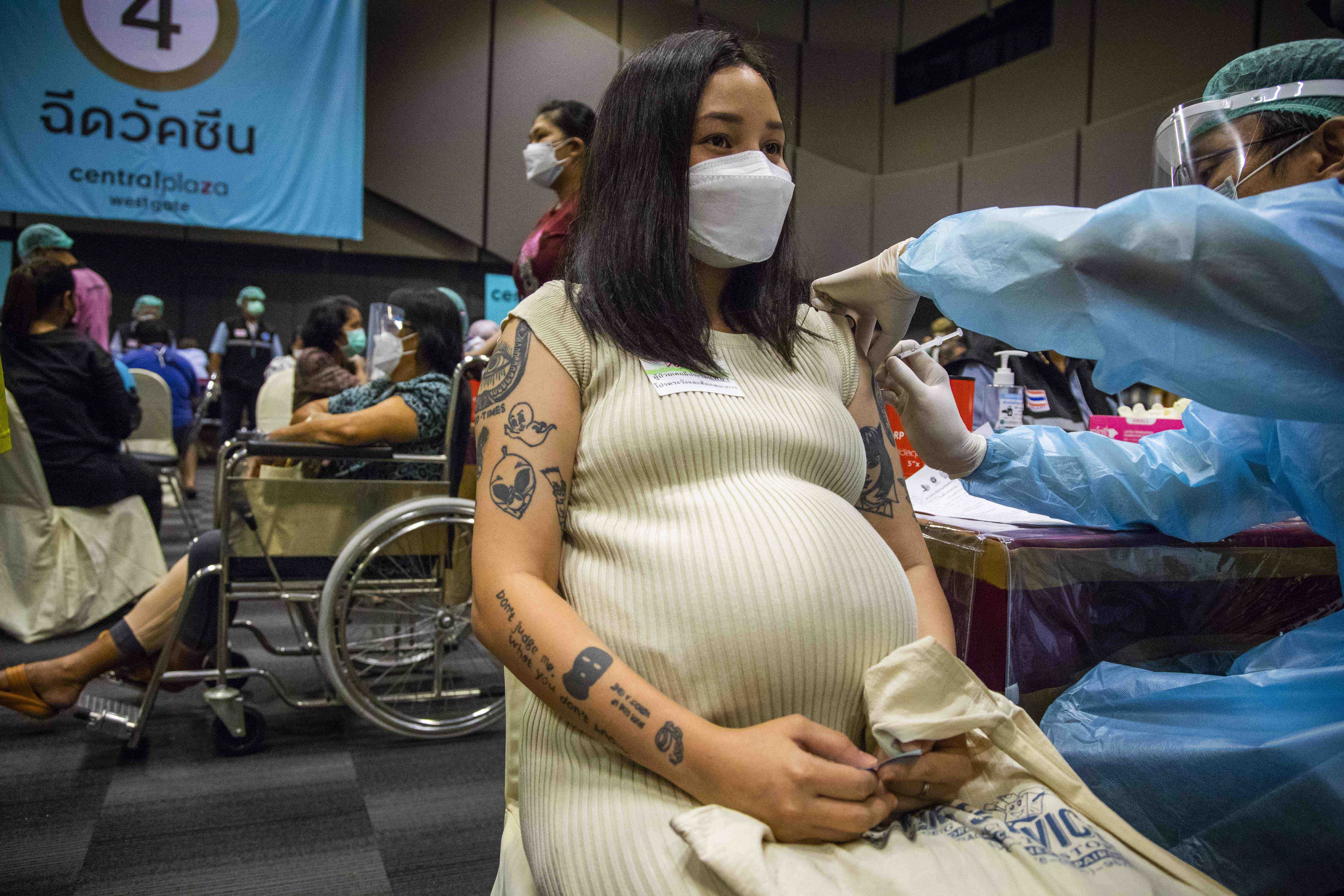
Pregnant women more commonly experienced injection site pain but systemic side effects like fever, headache, muscle pain and chills were less common.
Although research into the efficacy and safety of COVID vaccines in this population is still in its early stages, overall evidence indicates safe use in pregnant women.
However, the studies looking into the vaccine effectiveness were not large sample sizes – and several high-powered studies, like a randomised controlled trial in the United Kingdom that investigates the safety of Pfizer-BioNTech and Moderna vaccines in pregnant women, as well as two Canadian studies, will be out soon.

Health & Medicine
How your blood can help understand COVID-19 vaccine responses
It’s crucial to examine sex differences in medical outcomes. Despite mandates on sex ratios and calls for information on sex difference, we still see limited data on sex differences when it comes to adverse effects.
According to Professor Szoeke, sex differences should be reported not just in the distribution of adverse effects between men and women in the later phases of trials, but also in the study of vaccine dosage, pharmacokinetics and pharmacodynamics in earlier phases.
“This research aims to eradicate the ‘one-size-fits-all’ approach in medicine and clinical research, and to address the heterogeneity and diversity in patient populations and specific needs of patient subgroups,” she says.
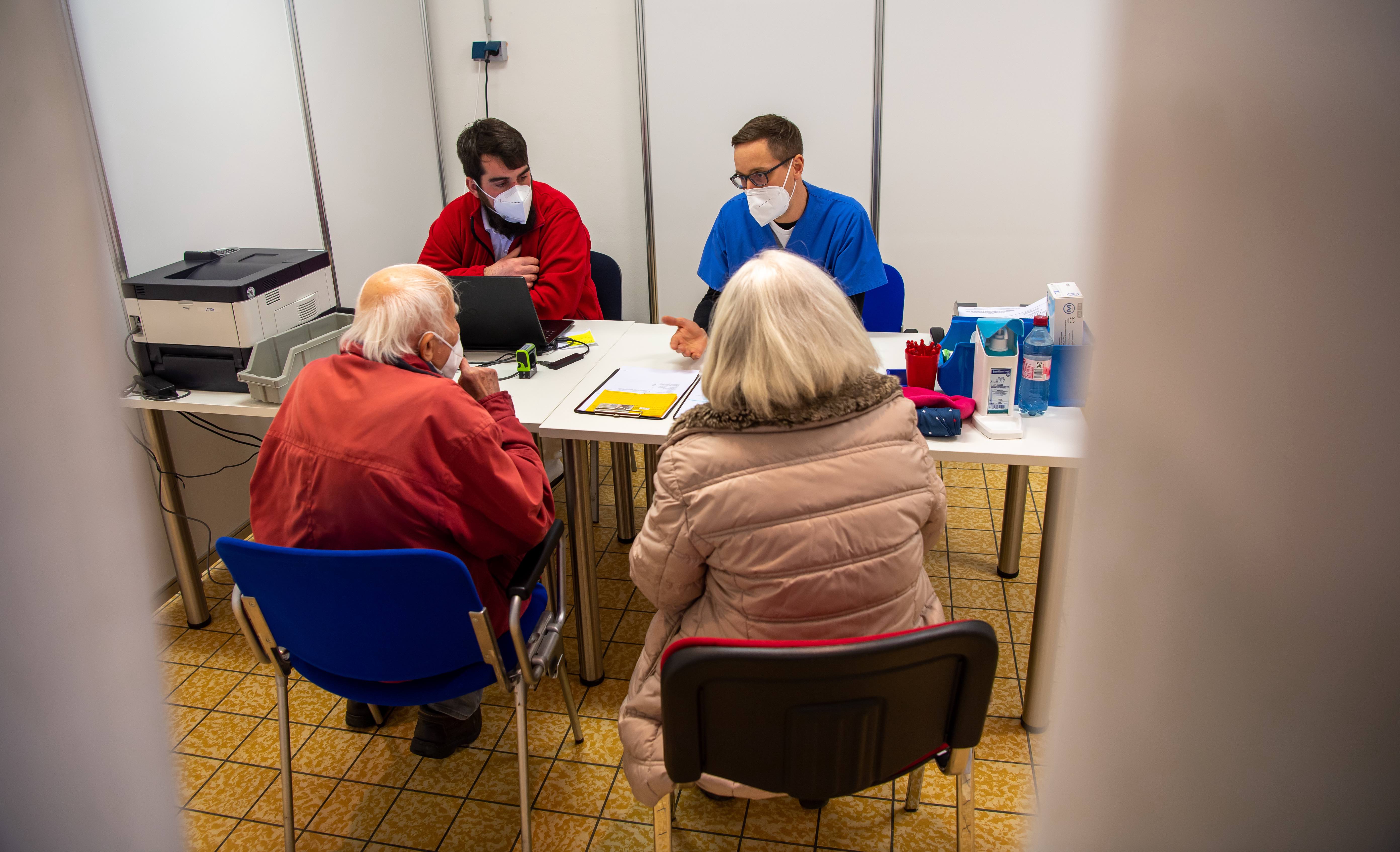
“This data is readily available. Given our findings that there were significant differences between sexes, it should be mandatory to routinely report by sex, so that each sex has the best tailored information when they and their clinician are making decisions about their health.”
“As we move toward more personalised medicine, this study highlights the importance of implementing regulatory mandates to report sex differences in the safety and effectiveness of new drugs and vaccines and for careful characterisation of sex-specific drug safety profiles during drug development.”
And finally, there needs to be ad hoc solutions for pregnant and lactating women.
According to Professor Szoeke, the important issue is that the data is there, it is collected, but it’s not reported.
“And this is what we would like to change – reporting the differences.”
Banner: Getty Images